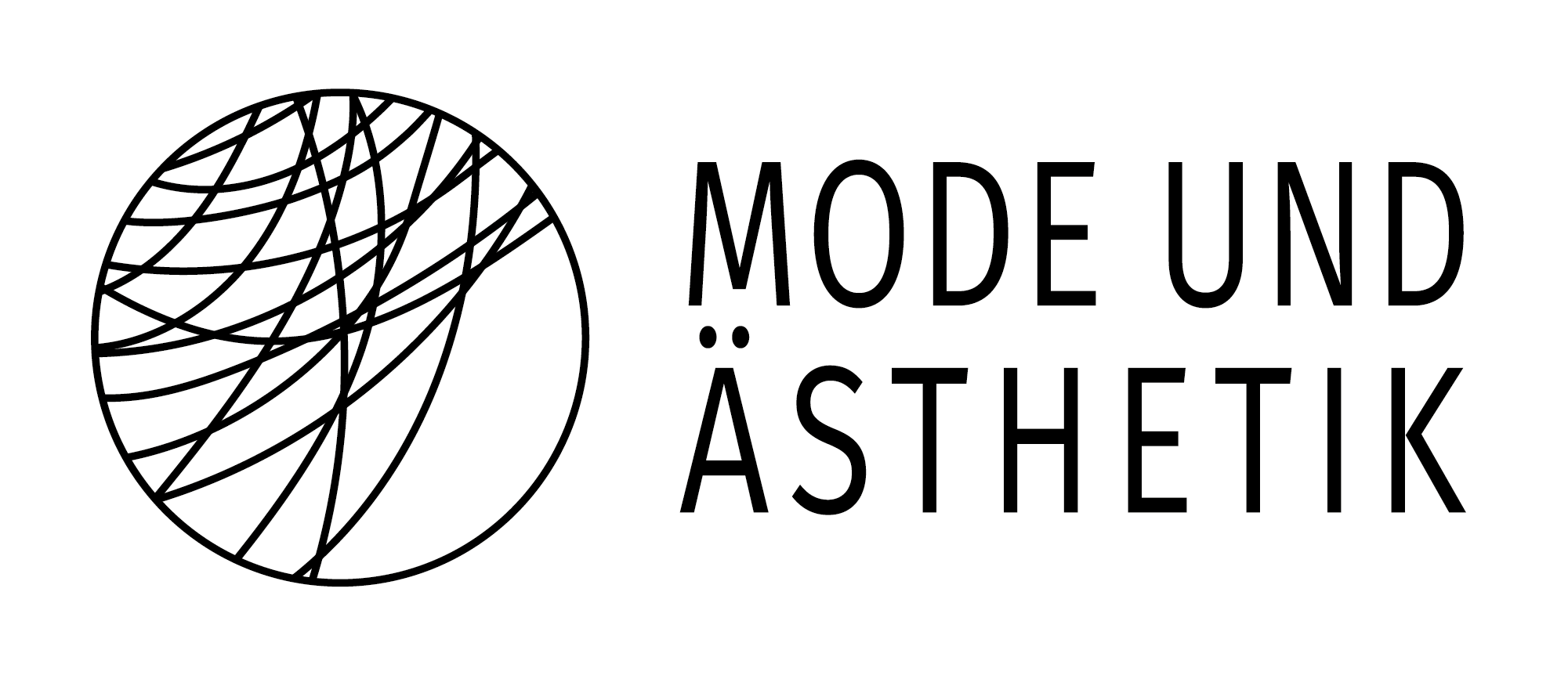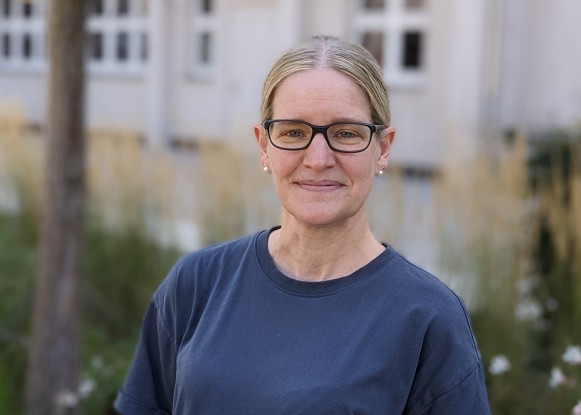35TH CIHA WORLD CONGRESS | MOTION: MIGRATIONS SÃO PAULO | JANUARY 17-21, 2022
Link : www.ciha2022.mac.usp.br/motion-migrations/
SESSION 13 – MIGRATION AND TRANSCULTURALIDAD(E): AGENTS OF TRANSCULTURAL ART AND ART HISTORY (THURSDAY AND FRIDAY)
CHAIRS
Alexandra Karentzos (Technische Universität Darmstadt, Germany)
Miriam Oesterreich (Universität der Künste Berlin, Germany)
Paula Viviane Ramos (UFRGS, Brazil)
Abstract:
As terms, migration and transculturality have a common origin in the permanent transgression of national and cultural boundaries, together with the instability of the latter, and both take account of the phenomena of cultural contact as well as cultural processes of negotiation. Migration implies the global movement of people. Along with this movement of people, images and aesthetic concepts, things and everyday practices are also part of such migration processes. To this extent, migration in particular does set processes of transculturation in train. Phenomena of cultural as well as artistic adoption and ‘blending’ (mestizaje, creolisation, métissage, hybridity, migration) are dealt with globally and form a particular research area. From the 1920’s onwards, and particularly at a time of increasing nationalistic and racist discourse in Europe, which resulted in global migration streams, theoreticians like Gilberto Freyre, José Vasconcelos and Fernando Ortiz debated such phenomena, reflected on them and developed very early standpoints on a “history of transcultural thought” (Christian Kravagna). These ideas to bring ethnic and cultural fantasies of purity into question also provide a basis for postcolonial theory formation, concepts of cultural hybridity, and decoloniality (Homi K. Bhabha, Edward Said, Stuart Hall, Néstor García Canclini, Walter D. Mignolo, Enrique Dussel).
The session seeks to analyse whether and how such theoretical positions are appropriated and converted in the production of images and art and can be rendered productive for writing art history, or how far standpoints in Postcolonial Studies provide a repertoire for comprehending
transculturally interconnected histories of art. We intend to ask in this session, to what extent the migration of people is related to transculturation processes in art. The potential artistic standpoints, which reflect migration and transculturality, can range from pre-colonial objects and examples of iconography via art in colonial contexts up to contemporary art. Many artists around the globe reflect on the ability of art to show the social, economic, emotional entanglements of migration and transcultural processes. The question then remains as to how art shifts perspectives on migration und how art can foster a theoretical reframing of transculturality? How can artistic practices as appropriation, bricolage, collage, montage be understood as a form of hybrid aesthetics?
Conference programme, 18 November 2017
| 10.00 am – 10.15 am |
Alexandra Karentzos, Miriam Oesterreich, Melanie Ulz Welcome of the organisers |
| 10.15 am – 11.00 am |
Kea Wienand Un-/Zulässige Vergleiche oder verknüpfte Erinnerungen? Verhandlungen von Migration in der Gegenwartskunst (Un-/acceptable comparisons or associated recollections? Negotiating migration in contemporary art) |
| 11.00 am – 11.45 am |
Kerstin Meincke Auf der Suche nach dem verlorenen Gedächtnis Algeriens – Katia Kamelis ›Roman algérien‹ (Looking for the lost memory of Algeria – Katia Kamelis ›Roman algérien‹) |
| 11.45 am – 12.15 pm | Coffee break |
| 12.15 pm – 1.00 pm |
Lisa-Katharina Weimar Pressefotografien in Debatten um ›Flucht‹ und ›Asyl‹ 1977-1989 (Press photographs in discussions about ›Fleeing‹ and ›Asylum‹ 1977-1989) |
| 1.00 pm – 2.00 pm | Lunch break |
| 2.00 pm – 2.45 pm |
Samira Yildirim Über die Grenze. Visualisierungsstrategien von Demarkationen in Kunstwerken der Gegenwart (Across the border. Visualisation strategies of demarcations in contemporary works of art) |
| 2.45 pm – 3.30 pm |
Ülkü Süngün Orientalism in progress |
| 3.30 pm – 4.00 pm | Coffee break |
| 4.00 pm – 4.45 pm |
Irene Below »Exhibere – aus der Dunkelheit in die Sichtbarkeit bringen« (A. Sczymczyk) – Exil und Migration auf der documenta 14 in Athen und Kassel (Making the obscured visible – Exile and migration at the documenta 14 in Athens and Kassel) |
| 4.45 pm – 5.30 pm | Concluding panel discussion |
| 6.30 pm |
Mathildenhöhe Vernisage Otto Bartning. Architect of a socially inclined modernity |
Conference programme, 18 November 2017
| 10.00 am – 10.15 am |
Alexandra Karentzos, Miriam Oesterreich, Melanie Ulz Welcome of the organisers |
| 10.15 am – 11.00 am |
Kea Wienand Un-/Zulässige Vergleiche oder verknüpfte Erinnerungen? Verhandlungen von Migration in der Gegenwartskunst (Un-/acceptable comparisons or associated recollections? Negotiating migration in contemporary art) |
| 11.00 am – 11.45 am |
Kerstin Meincke Auf der Suche nach dem verlorenen Gedächtnis Algeriens – Katia Kamelis ›Roman algérien‹ (Looking for the lost memory of Algeria – Katia Kamelis ›Roman algérien‹) |
| 11.45 am – 12.15 pm | Coffee break |
| 12.15 pm – 1.00 pm |
Lisa-Katharina Weimar Pressefotografien in Debatten um ›Flucht‹ und ›Asyl‹ 1977-1989 (Press photographs in discussions about ›Fleeing‹ and ›Asylum‹ 1977-1989) |
| 1.00 pm – 2.00 pm | Lunch break |
| 2.00 pm – 2.45 pm |
Samira Yildirim Über die Grenze. Visualisierungsstrategien von Demarkationen in Kunstwerken der Gegenwart (Across the border. Visualisation strategies of demarcations in contemporary works of art) |
| 2.45 pm – 3.30 pm |
Ülkü Süngün Orientalism in progress |
| 3.30 pm – 4.00 pm | Coffee break |
| 4.00 pm – 4.45 pm |
Irene Below »Exhibere – aus der Dunkelheit in die Sichtbarkeit bringen« (A. Sczymczyk) – Exil und Migration auf der documenta 14 in Athen und Kassel (Making the obscured visible – Exile and migration at the documenta 14 in Athens and Kassel) |
| 4.45 pm – 5.30 pm | Concluding panel discussion |
| 6.30 pm |
Mathildenhöhe Vernisage Otto Bartning. Architect of a socially inclined modernity |



